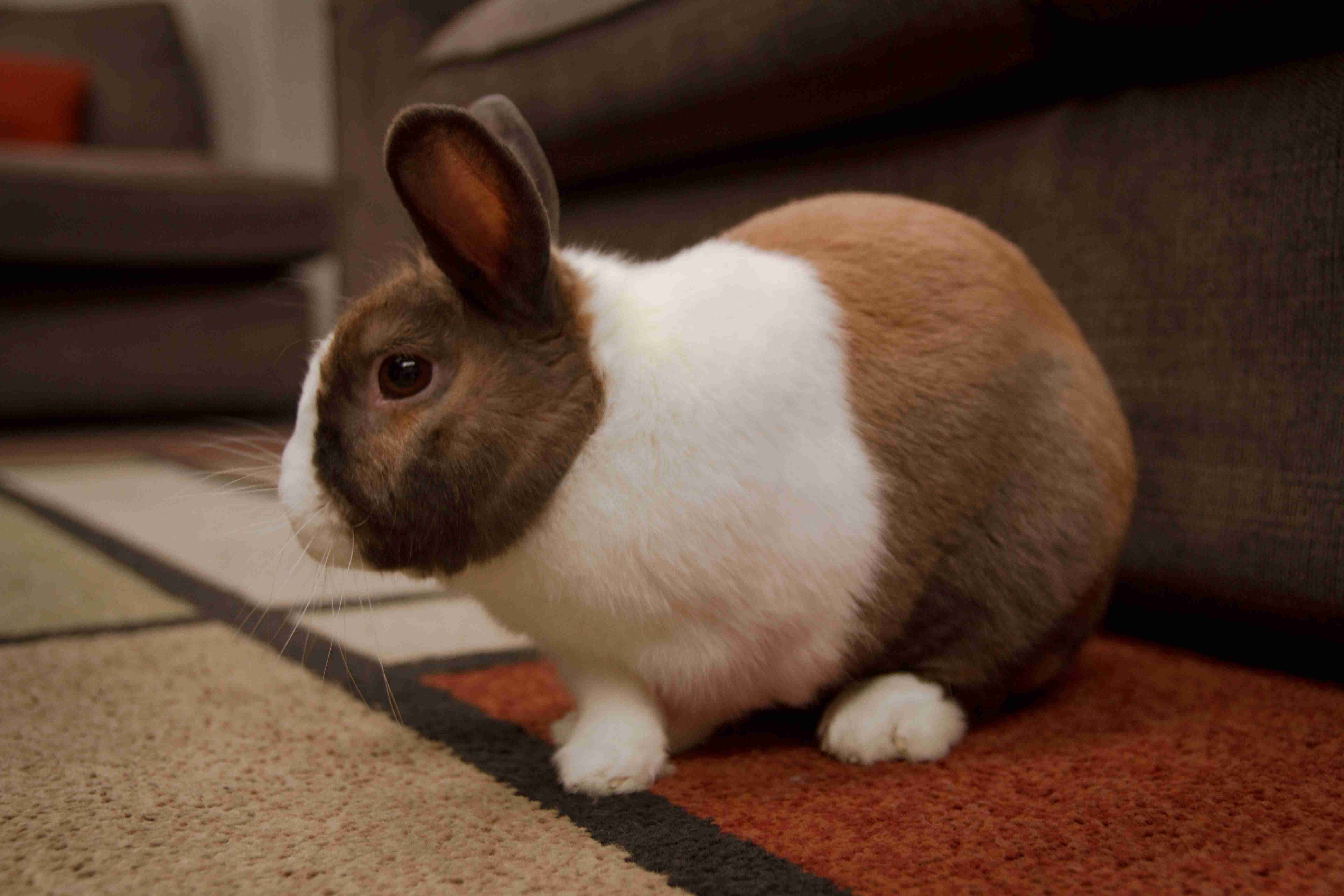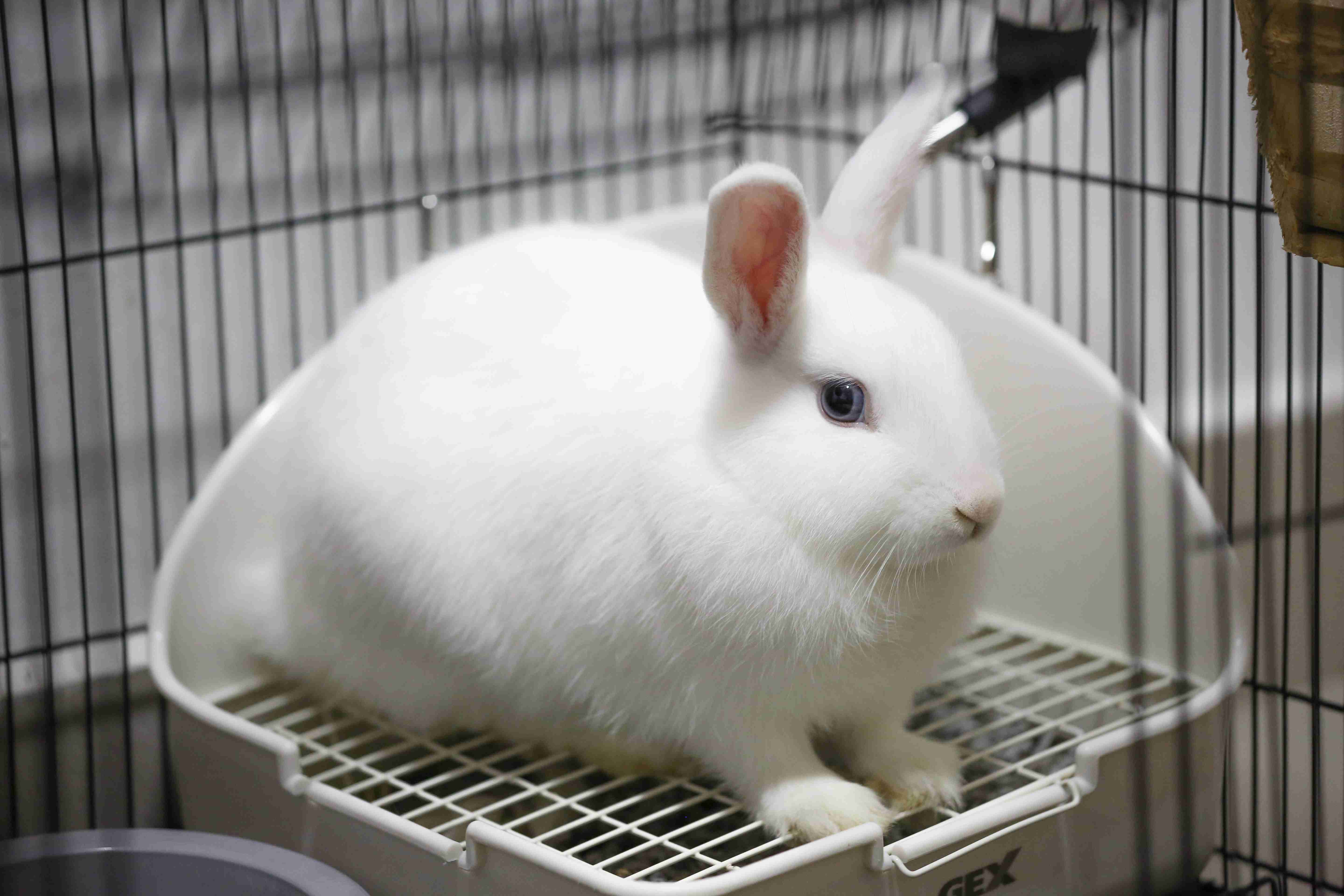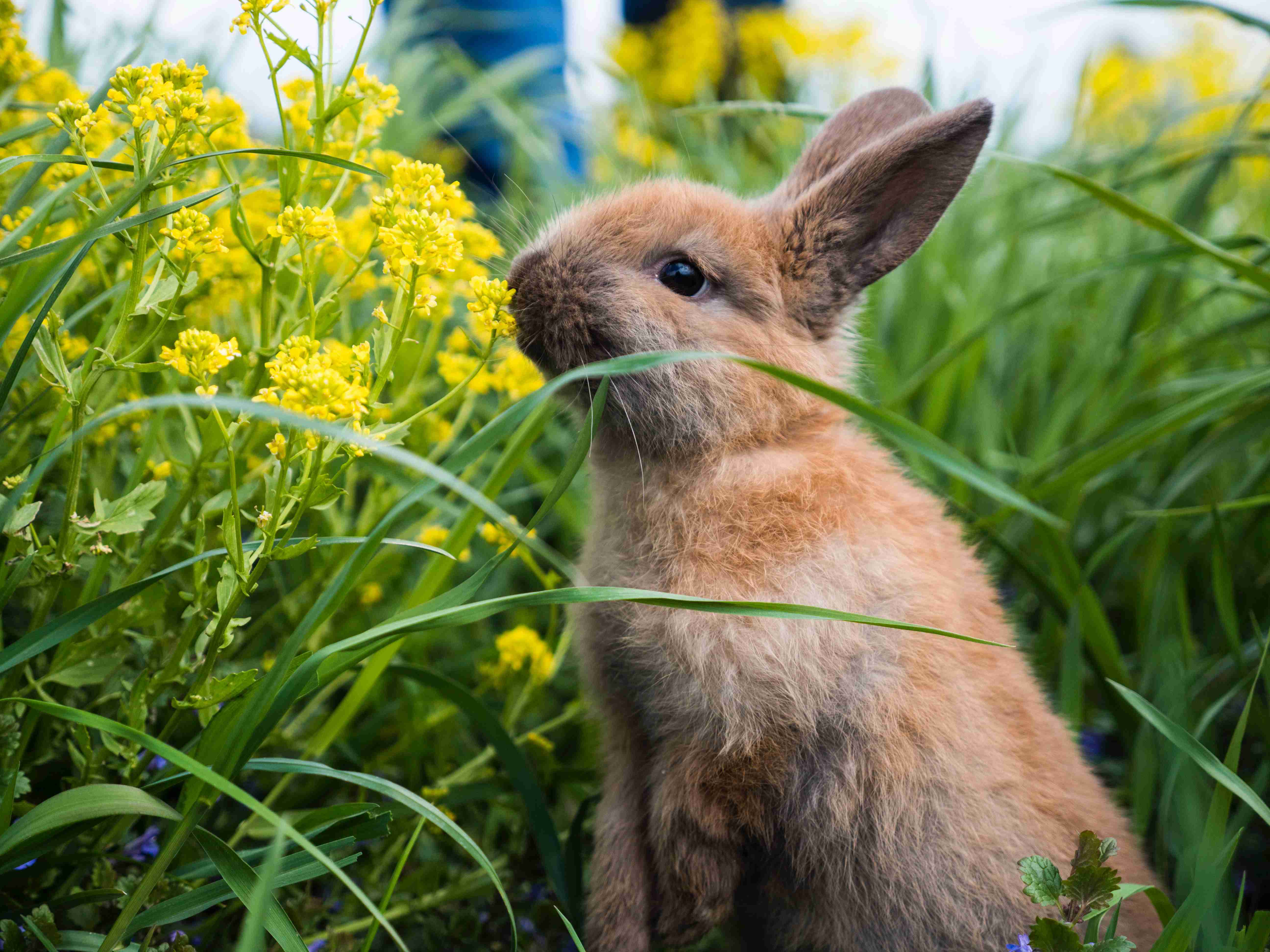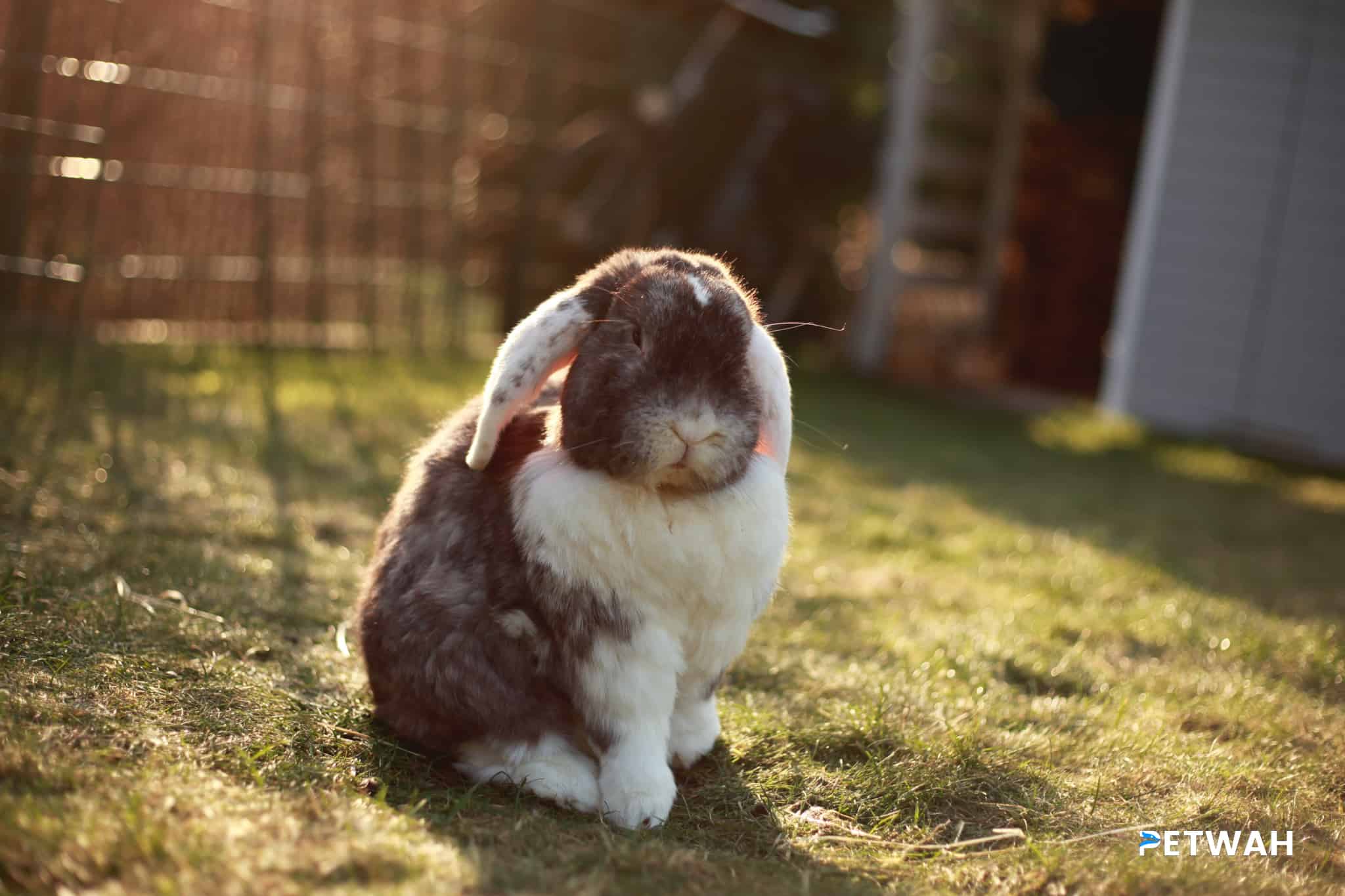Rabbits are cute, cuddly, and make great pets. But, just like any other pet, they require regular check-ups to ensure they’re healthy and happy. As a responsible pet owner, you must take your furry friend to the vet for regular check-ups. But, how often should you take your pet rabbit to the vet for a check-up? In this blog post, we’ll guide you through the importance of regular rabbit check-ups with a vet and help you understand how often you should take your bunny to the vet. So, let’s hop into it!
Rabbits are popular pets due to their adorable appearance and charming personalities. However, they require proper care and attention to maintain their health and happiness. One important aspect of rabbit care is regular check-ups with a veterinarian. In this guide, we’ll explore how often you should take your pet rabbit to the vet for a check-up and what to expect during these visits.
Why Are Regular Vet Check-Ups Important for Rabbits?
Rabbits are prey animals, which means they often hide signs of illness or pain to avoid being targeted by predators. This makes it difficult for rabbit owners to detect health problems in their pets. Regular check-ups with a rabbit-savvy veterinarian can help identify potential health issues before they become serious problems. Additionally, visiting the vet regularly can help you stay up-to-date on important preventive care measures, such as vaccinations and parasite prevention.
How Often Should You Take Your Rabbit to the Vet?
Rabbits should see a veterinarian at least once a year for a check-up. However, some rabbits may require more frequent visits depending on their age, health status, and medical history. For example, young rabbits may need to see the vet more often for vaccinations and spay/neuter surgery. Senior rabbits may also require more frequent check-ups to monitor for age-related health issues.

If your rabbit has a history of health problems or chronic conditions, your vet may recommend more frequent check-ups to manage these issues. Additionally, if you notice any signs of illness or injury in your rabbit, it’s important to schedule a vet visit as soon as possible.
What Happens During a Rabbit Check-Up?
During a rabbit check-up, your veterinarian will perform a thorough physical examination to check for any signs of illness or injury. This may include checking your rabbit’s eyes, ears, teeth, and skin, as well as listening to their heart and lungs. Your vet may also recommend diagnostic tests, such as bloodwork or x-rays, to screen for underlying health problems.
In addition to the physical exam, your vet will also discuss your rabbit’s diet, exercise routine, and any other aspects of their care. This is a good opportunity to ask questions and get advice on how to better care for your rabbit.
Conclusion
Regular check-ups with a veterinarian are an essential part of keeping your pet rabbit healthy. By visiting the vet at least once a year, you can catch potential health issues early and ensure your rabbit is up-to-date on important preventive care measures. If you’re unsure how often your rabbit needs to see the vet, talk to your veterinarian to develop a personalized care plan for your furry friend.
In conclusion, ensuring your bunny’s health and well-being should be a top priority. By taking your rabbit to the vet for regular check-ups, you can catch any potential health issues early on and provide them with the necessary care. Remember to also maintain good hygiene practices, provide a balanced diet, and give them plenty of love and attention. With proper care, your bunny can live a happy and healthy life for many years to come. So, make sure to schedule those regular vet check-ups and keep your furry friend hopping with joy!
Please follow us on Social Media



.jpg)

.jpg)

